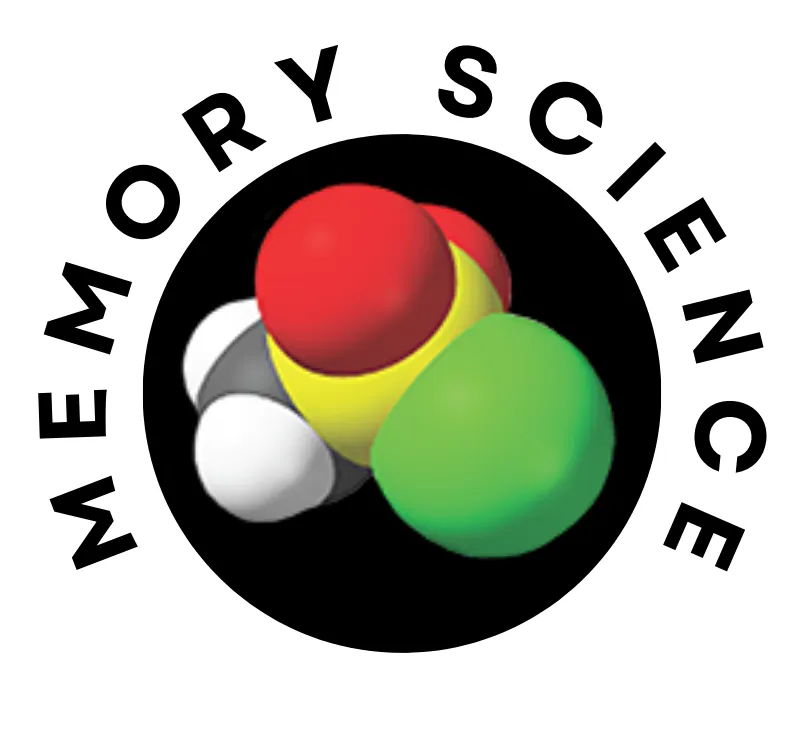The TBI Cascade: A Chemical Crisis
Long-term damage from TBI isn't just from the initial impact. It's driven by a toxic, self-perpetuating chemical cascade within the brain, leading to chronic cognitive problems.
The Post-Injury Chemical Cascade
Initial Injury
Physical trauma disrupts brain homeostasis.
Cholinergic Deficit
Levels of acetylcholine, a key memory chemical, plummet.
Runaway Inflammation
Destructive protease enzymes become overactive.
Neuronal Damage
Brain cells are damaged, leading to cognitive decline.
Long-Term Symptom Profile
Cognitive and emotional symptoms often become the most challenging long-term burdens for TBI survivors, highlighting the need for neuro-focused therapies.
The Target: Acetylcholinesterase (AChE)
Deep within our synapses, an enzyme called Acetylcholinesterase (AChE) works constantly to recycle the vital memory neurotransmitter, acetylcholine. After TBI, this process goes into overdrive, creating a severe deficit that impairs cognition.
🧠
Acetylcholine
(Memory Signal)
AChE
Signal Lost
Methanesulfonyl Fluoride (MSF) provides an irreversible "off-switch" for destructive enzymes like AChE.
A Dual-Action Solution: Grant-Worthy Research
MSF presents a unique, two-pronged therapeutic strategy. It can simultaneously address two of the core pathologies of TBI, opening up exciting new avenues for research and recovery.
1. Boosting Cognition
By inhibiting AChE, MSF could restore and sustain acetylcholine levels, directly targeting the chemical root of post-TBI memory and attention problems.
2. Halting Inflammation
MSF also inhibits serine proteases, key drivers of the brain's damaging inflammatory response after injury. This could protect brain tissue from secondary damage.
3. Long-Term Protection
The dual action of MSF could modify the long-term disease course, potentially reducing risk factors for post-TBI neurodegeneration like CTE.

